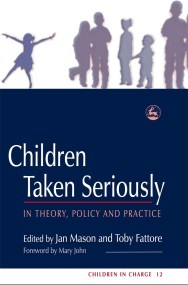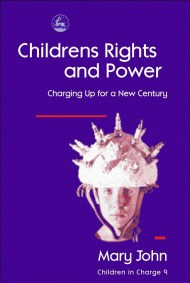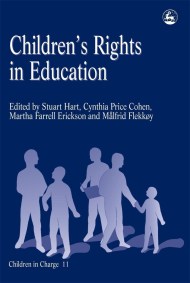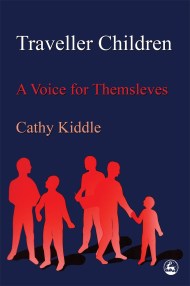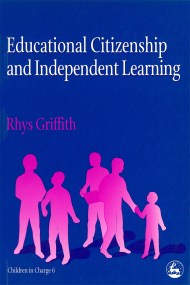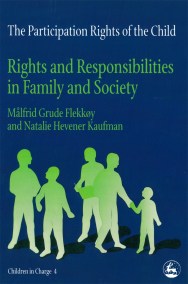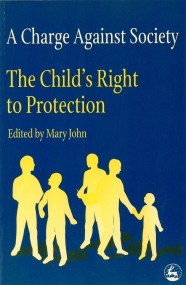We have updated our Privacy Policy Please take a moment to review it. By continuing to use this site, you agree to the terms of our updated Privacy Policy.
Children in Charge
On sale
1st April 1996
Price: £25
Genre
Society & Social Sciences / Social Services & Welfare, Criminology / Social Welfare & Social Services / Welfare & Benefit Systems / Child Welfare
Selected:
Paperback / ISBN-13: 9781853023682
Emerging clearly from the first volume in this new series is the importance of the voice of the child. With their emphasis on the twin themes of participation and empowerment, the contributors present the active role of children as autonomous individuals with a stake in the decision-making process. Contributions from many different perspectives – including chapters by children – examine the liberation of the voice of the child, addressing the need to listen to children and to act on their thoughts in order to transform traditional power relationships.
This collection has developed out of presentations at the First World Conference on Research and Practice in Children’s Rights – a conference which was a flagship event in that for the first time anywhere in the world children were actively involved in the planning, the proceedings and the evaluation of a meeting about the UN Convention.
This collection has developed out of presentations at the First World Conference on Research and Practice in Children’s Rights – a conference which was a flagship event in that for the first time anywhere in the world children were actively involved in the planning, the proceedings and the evaluation of a meeting about the UN Convention.
Newsletter Signup
By clicking ‘Sign Up,’ I acknowledge that I have read and agree to Hachette Book Group’s Privacy Policy and Terms of Use
Reviews
A goldmine of empirical studies of policy and practice targeted at the improvement of children's lives by increasing their rights entitlements. A range of social and welfare practitioners will be delighted by the sheer extent and diversity of rights-centred practice which is discussed... An extensive range of issues embracing education, health, divorce, play, new technology, physical and sexual abuse and even reproductive technology are discussed thoughtfully and analysed intelligently for their implications for children's rights. John has also avoided the trap of a narrow eurocentrism... The development of social policy in Uruguay, the children's parliament in Slovenia, the implementation of the UN Convention in Kenya and children's right to play in Peru offer more global arenas for the discussion of rights.'
This book, and I suspect the series, is an important development and a significant contribution to the literature and ways of thinking and more particularly, to ways of organising and practising. This book poses a major challenge to professionals and organisations in all areas where children are, or should be, significant actors.
I cannot commend these two volumes highly enough for the quality of insights, the willingness to provoke, the challenge to us to think of children internationally and above all the clear commitment to allowing the authentic voices of children to be heard.` (The International Journal Of Children's Spirituality)
These are two remarkable volumes which deserve wide readership. The experience of childhood is dealt with honestly and with deep integrity and respect and dignity. The second volume 'The Child's Right to Resources' provides a conceptual framework for the whole area of children's welfare and rights... I cannot commend these two volumes highly enough for the quality of insights, the willingness to provoke, the challenge to us to think of children internationally and above all the clear commitment to allowing the authentic voices of children to be heard.
These updated versions of papers given at a conference on child rights in 1992 provide an opportunity for healthy reflection, as they make us re-examine our practice, our collusion with our employers and with parents, and our rationalisation for accepting the status quo.




